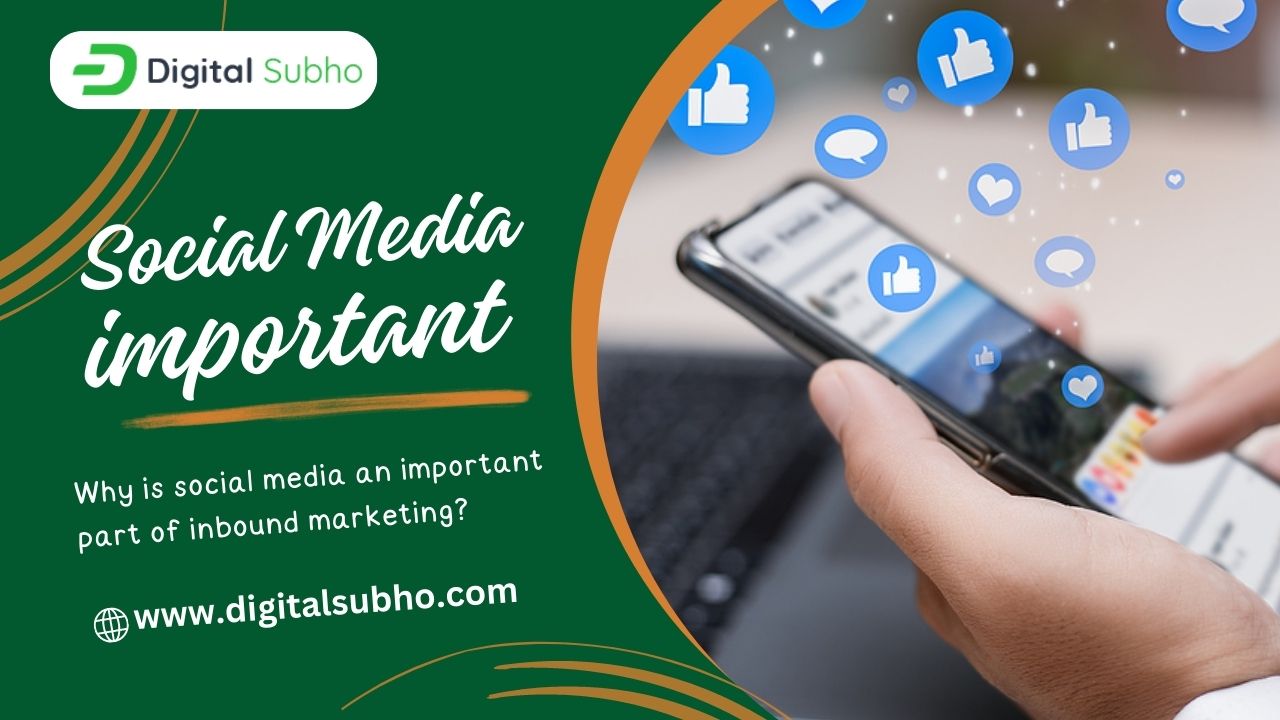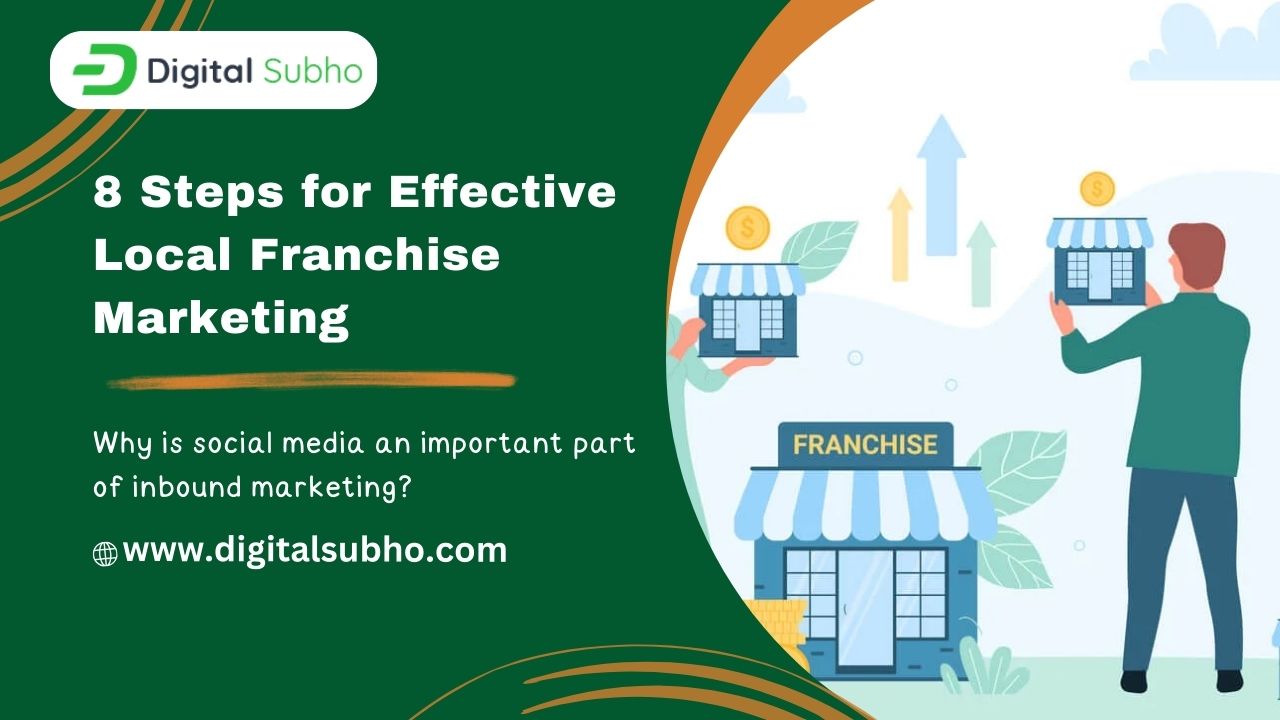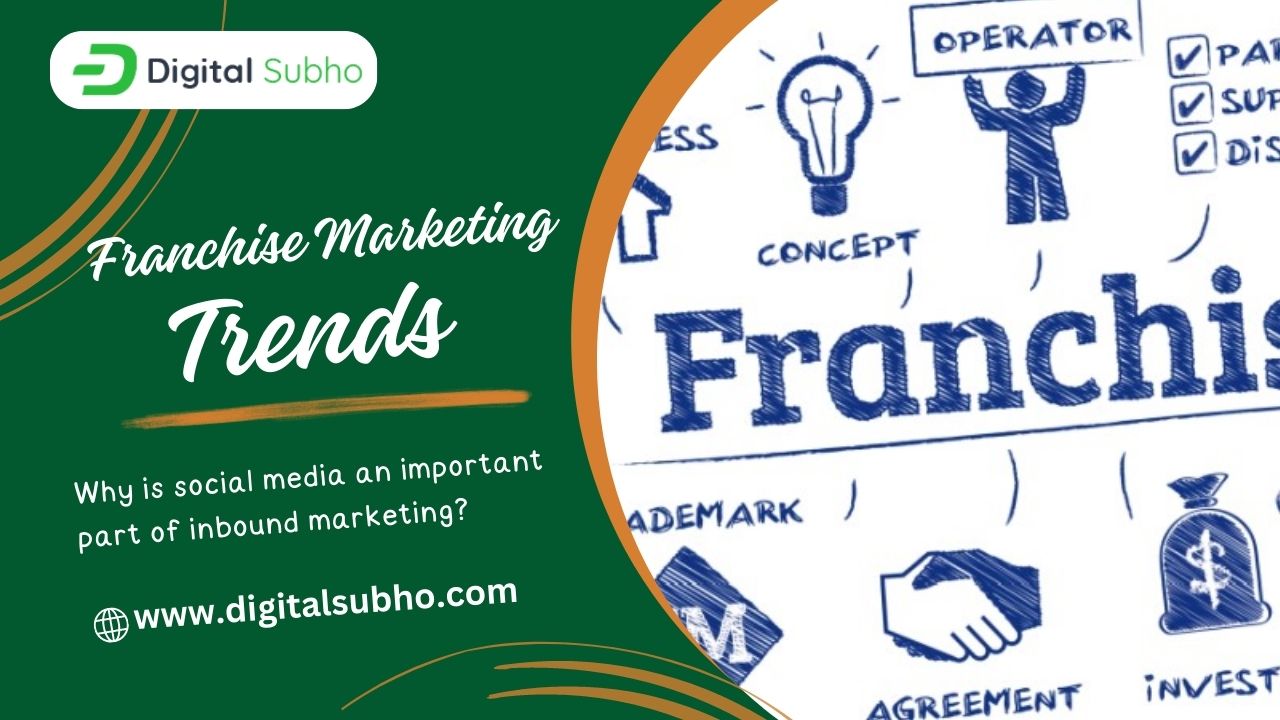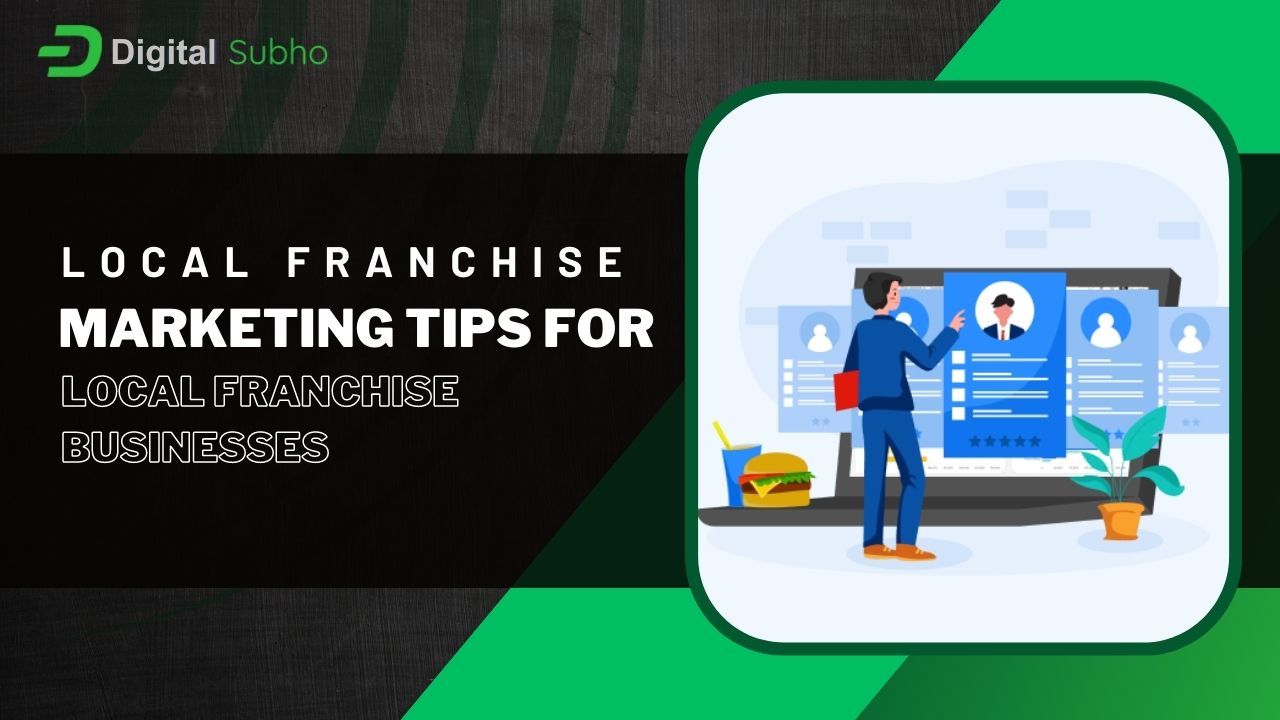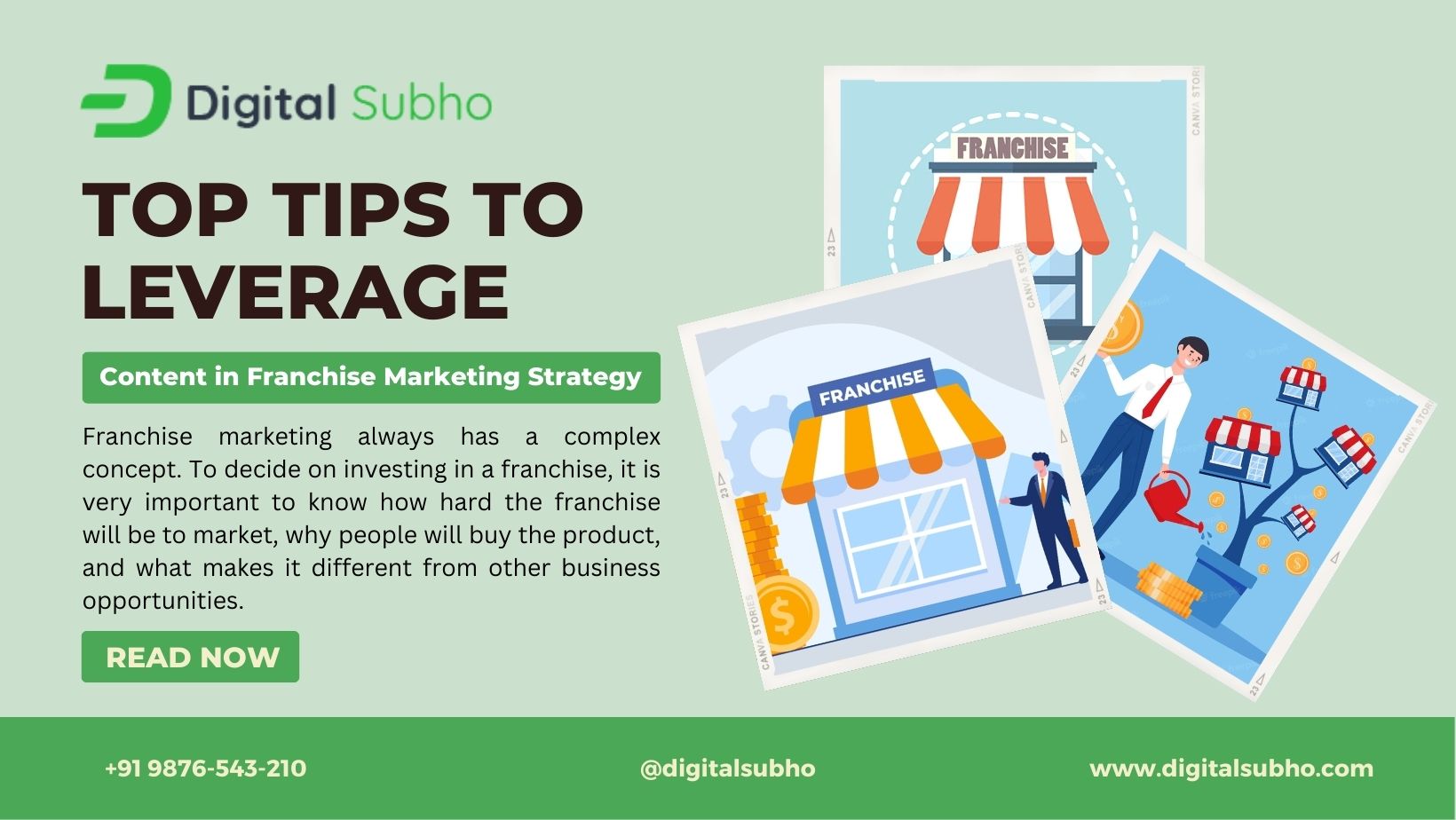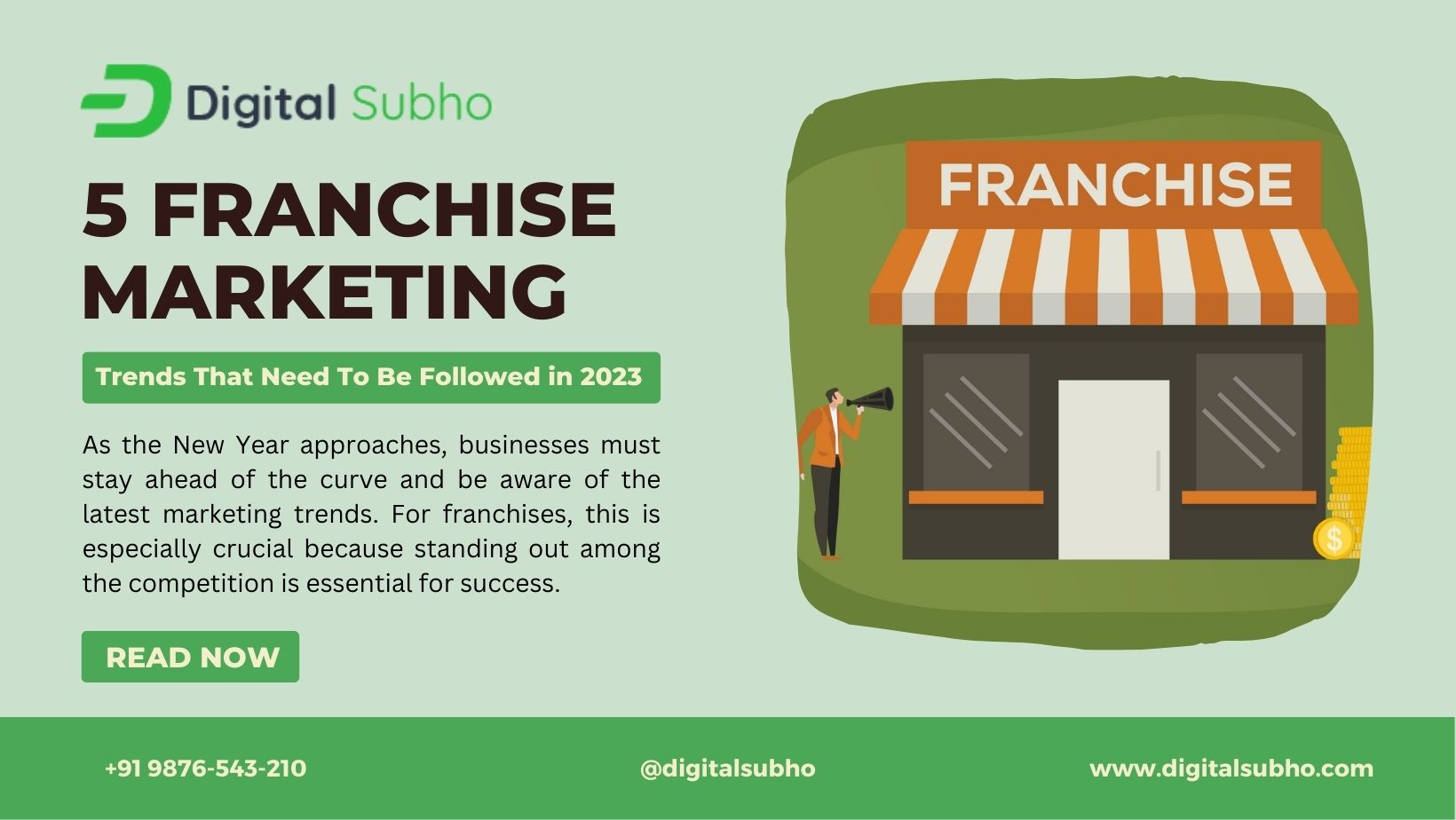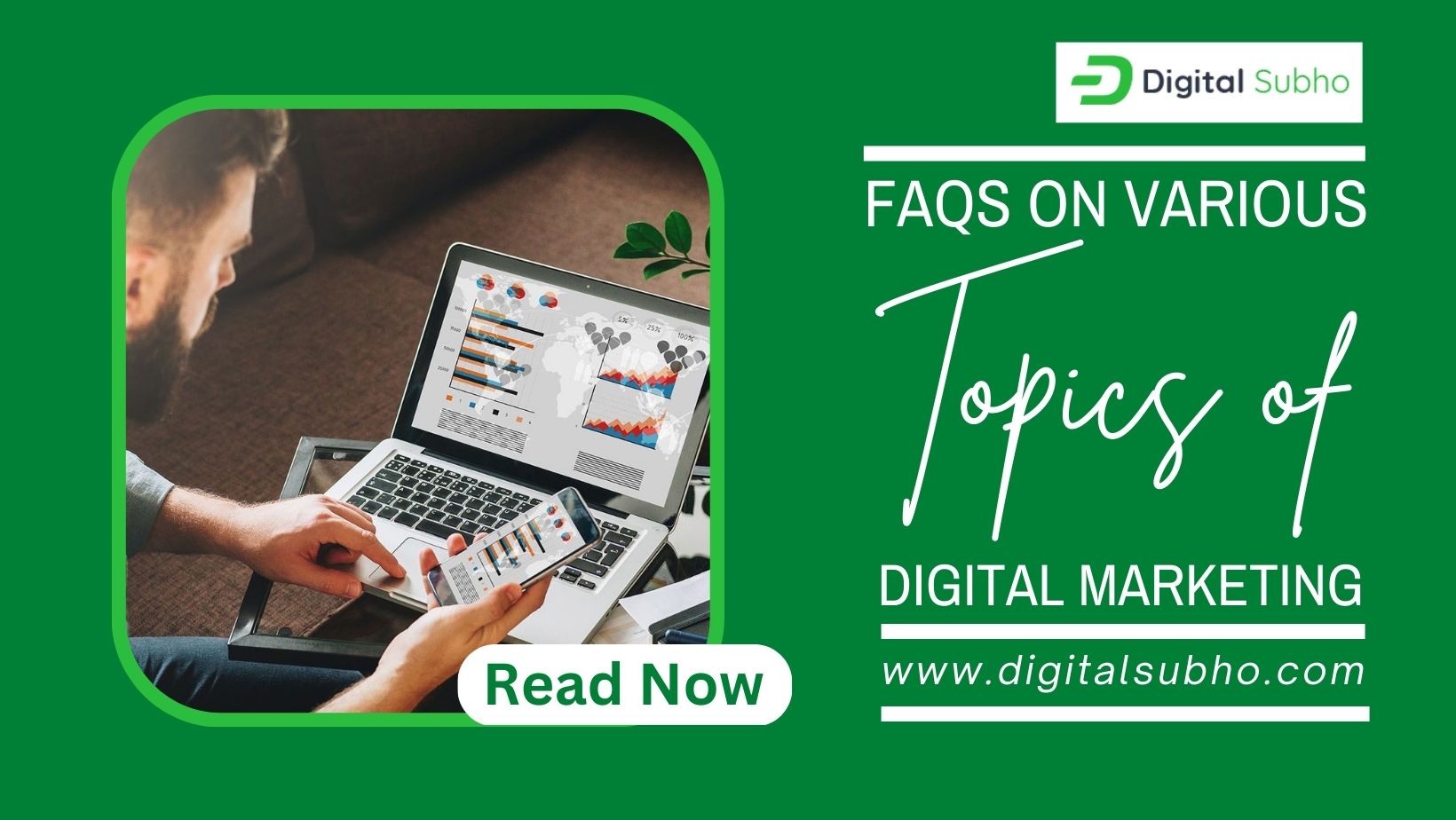Why is social media an important part of inbound marketing?
- 21 Aug, 2023
Social media has emerged as a pivotal pillar of inbound marketing strategies in today’s digitally driven landscape.
The fusion of social media and marketing has given rise to the dynamic field of social media marketing, redefining how businesses engage with their target audience.
Several vital factors underpin this symbiotic relationship between social media and inbound marketing.
Table of Contents
1. Audience Reach and Engagement:
Social media platforms have become a global nexus, connecting billions of individuals. By incorporating social media into inbound marketing strategies, businesses can tap into this vast pool of potential customers.
Engaging content, such as posts, videos, and stories, can captivate audiences, encouraging them to interact, share, and comment, fostering meaningful connections and brand loyalty.
2. Targeted Outreach:
Social media’s intricate algorithms allow for precise audience segmentation based on demographics, interests, and behavior.
This fine-grained targeting ensures that content reaches the right people at the right time, enhancing the effectiveness of inbound marketing efforts and driving higher conversion rates.
3. Content Virality:
The viral nature of social media amplifies the reach of engaging content. A well-crafted post or campaign can rapidly gain traction and spread across platforms, increasing brand visibility exponentially.
This viral effect boosts brand awareness and generates organic inbound traffic.
4. Two-Way Communication:
Social media fosters a direct and instant line of communication between brands and customers. This real-time interaction enables businesses to promptly address queries, provide support, and receive feedback.
Such engagement nurtures trust and builds a positive brand image, a cornerstone of effective inbound marketing.
5. Brand Storytelling:
Inbound marketing involves conveying a brand’s essence and values. Social media platforms provide a canvas for weaving captivating narratives through visual and textual content.
By narrating authentic stories, brands can emotionally connect with their audience, forging deeper relationships.
6. User-Generated Content (UGC):
Social media encourages users to actively participate by creating and sharing content related to a brand.
UGC is a powerful inbound marketing tool, showcasing genuine customer experiences and influencing and attracting potential buyers.
7. Data Insights:
Social media marketing is enriched by data analytics, providing invaluable insights into audience behavior, preferences, and trends.
These analytics aid in refining inbound marketing strategies, ensuring they remain agile and aligned with evolving customer needs.
In essence, social media marketing serves as the conduit that seamlessly directs the flow of potential customers toward a brand. Its integration with inbound marketing nurtures a holistic approach that engages, informs, and delights the target audience.
By leveraging social media’s expansive reach, targeted precision, and interactive capabilities, businesses can create a captivating inbound marketing ecosystem that drives growth, sustains customer relationships, and fuels enduring success.
Conclusion
Incorporating social media into inbound marketing is imperative. Its vast reach, engagement prowess, and data-driven insights empower brands to foster connections, tell stories, and drive growth in today’s dynamic digital landscape.
FAQ:
1. What role does social media play in inbound marketing?
Answer: Social media enhances inbound marketing by attracting, engaging, and nurturing potential customers through relevant content and interactions.
2. How does social media support inbound marketing strategies?
Answer: Social media platforms serve as channels to share valuable content, interact with audiences, and drive traffic to your website, all of which align with inbound marketing goals.
3. Does social media have a role in the customer journey within inbound marketing?
Answer: Absolutely, social media aids in guiding customers through the buyer’s journey by providing them with information, solutions, and personalized experiences at each stage.
4. Can social media analytics contribute to refining inbound marketing strategies?
Answer: Absolutely, social media analytics offer insights into what works and what doesn’t, allowing you to refine your inbound marketing strategies for better engagement, conversion, and ROI.
5. How does social media engagement impact the visibility of my inbound marketing content?
Answer: Increased social media engagement, such as likes, shares, and comments, amplifies the reach of your content, boosting its visibility and impact within inbound marketing strategies.
